
This logo isn't an ad or affiliate link. It's an organization that shares in our mission, and empowered the authors to share their insights in Byte form.
Rumie vets Bytes for compliance with our
Standards.
The organization is responsible for the completeness and reliability of the content.
Learn more
about how Rumie works with partners.
New city, new adventures!

For many people, starting college can mean moving away from your home and family for the first time.
While it can be a scary transition in your life, it can also open the door to:

New experiences

New friendships and other meaningful connections

Opportunities for self-improvement
Homesickness is Normal!
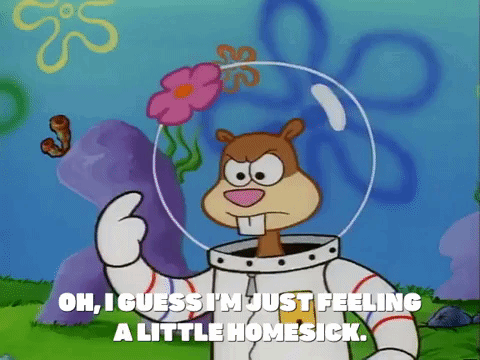
There is nothing wrong with feeling homesick. You're surrounded by strangers in a new place. Cut yourself some slack!
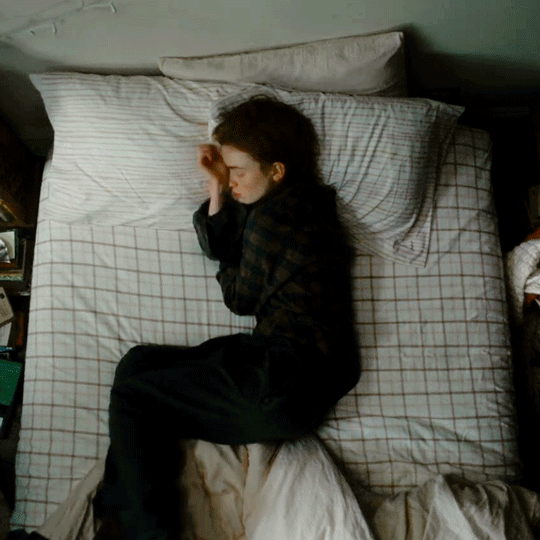
You may find it helpful to get out of your rut by:

Acknowledging and processing your feelings: This is often the first step in overcoming homesickness. Being away from home is difficult, and it is okay to miss your loved ones and familiar surroundings.

Establishing a routine: Routines can provide the structure you may need in your life to feel like you're back at home.

Bringing comfort items that remind you of home: Having something with you that reminds you of home can help you feel connected with it and the people you love despite the distance.

Seeking support: If things begin to feel too overwhelming to handle, don't be afraid to reach for support. Many universities offer counseling and psychological services that are there if you need them.
Let yourself experience these emotions for the first few days, but don't isolate yourself!
Find some comfort in knowing that you're not alone in feeling this way. As a college student, you're likely to find someone who is also dealing with the sadness of moving away from home.
Get To Know the Community

Connecting with the residents of the city is a great way to get a feel for the culture and dynamic of the city.

Such interactions can also give you a sense of belonging and identity in unfamiliar territory, making the transition to a new city much smoother.
Here are some fun ways to create some community connections:
Volunteering (e.g. soup kitchen, museum, animal shelter)
Joining or starting a club (e.g. books, hiking, sports)
Heading to your local farmer's market
Taking a fun class to learn a new hobby or skill (e.g. cooking, knitting)
Quiz
Shortly after moving away for college, Julia already feels lonely and bored. She doesn't believe that she fits in with her new enviroment. What can she do to approach this problem effectively? Select all that apply:
Getting out of your comfort zone and actively seeking out ways to connect with the people around you are effective ways to find your place in a new environment. While it may be comforting and easier to isolate yourself and frequently reach out to your loved ones, it can stagnate your ability to connect with your new city.
Did you know?
Eventbrite is a great place to look for upcoming in events in or near your neighborhood based on your interests.
Get Around
Walking or biking around various areas of the city can give you the opportunity to stumble upon interesting new places you would have otherwise missed on your daily commute to and from class.
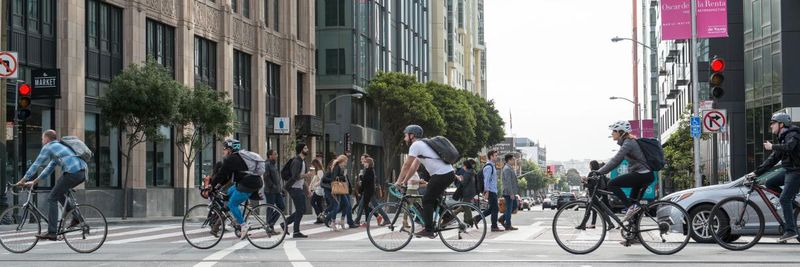
Chances are you may discover hidden gems that you may like to frequent in the future like cozy cafes, beautiful trails, unique stores, and more.
Every place has its unique characteristics. Going out and seeking them out yourself is a good way to connect with your new city.
How can you explore your new city effectively?
Talk to locals: They may have some recommendations that might not be in the guidebooks.
Broaden your horizons: Venture out of your neighborhood to get a better lay of the land!

Check out public transportation: In many cities, there's at least some form of public transportation offered. Depending on how efficient your city's transit system is, this may help you explore many areas in the city.
Try out the local cuisine: Ready your taste buds and seek out local signature dishes around the city. Exploring the food scene of a new place can be an adventure in itself!
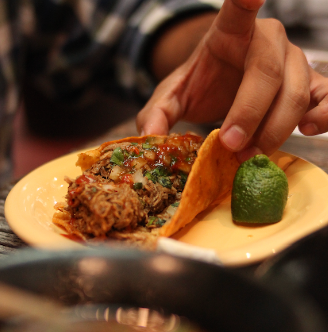 Photo by Nahima Aparicio on Unsplash
Photo by Nahima Aparicio on Unsplash
Quiz
Dario has just moved to a new city and is looking to immerse himself in the local food culture. What are his best options? Select all that apply:
Your parents can provide great ideas and chain restaurants can provide some tasty meals, but they may not be too indicative of the food scene in your new city. Asking people who are familiar with the environment and attending food festivals can allow you to get a better taste of the food your new city is applauded for.
Did you know?
You can use free map applications such as Google Maps and Mapstr to save your favorite spots around the city!
Be Safe and Aware
Part of learning about your new city includes familiarizing yourself with what areas of the city are dangerous.
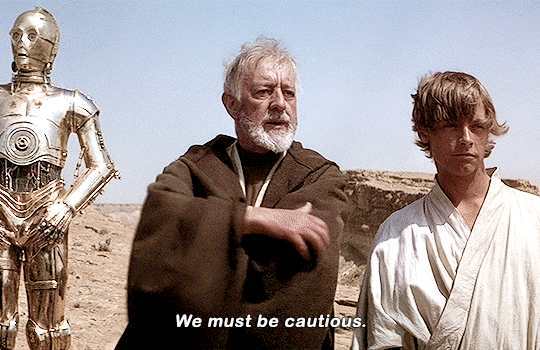
Nearly every city has its safe and unsafe areas. Wandering around your new city can be fun, but you should always do your due diligence and research unsafe areas that you should avoid.

Ask the locals: Locals often have knowledge on what various areas and neighborhoods are like in their city.

Look at crime maps: Many cities offer crime maps that will show crime incident data in different neighborhoods.

Explore with someone else: Walking alone with a friend or roommate leaves you less vulnerable to suspicious individuals. They also offer a second pair of eyes.

Stick to busy and well-lit areas: Especially if you are alone at night, sticking to places where you can easily be seen by others can provide more opportunities for immediate help and act as a deterrent for criminals. It can also provide better visibility of your surroundings.

No matter the area, you should always trust your gut instinct. Even in areas that you or online data deem safe, if you feel uncomfortable, get out!
Take Action
Your new city will be what you make of it. It's all about embracing your new normal, exploring your new community, and making it your own.
 Get out there and create some memorable new experiences!
Get out there and create some memorable new experiences!
This Byte has been authored by
Jessica Quang
Graduate Student
This Byte has been reviewed by
Lisa VanVleet
PhD, LCSW-S